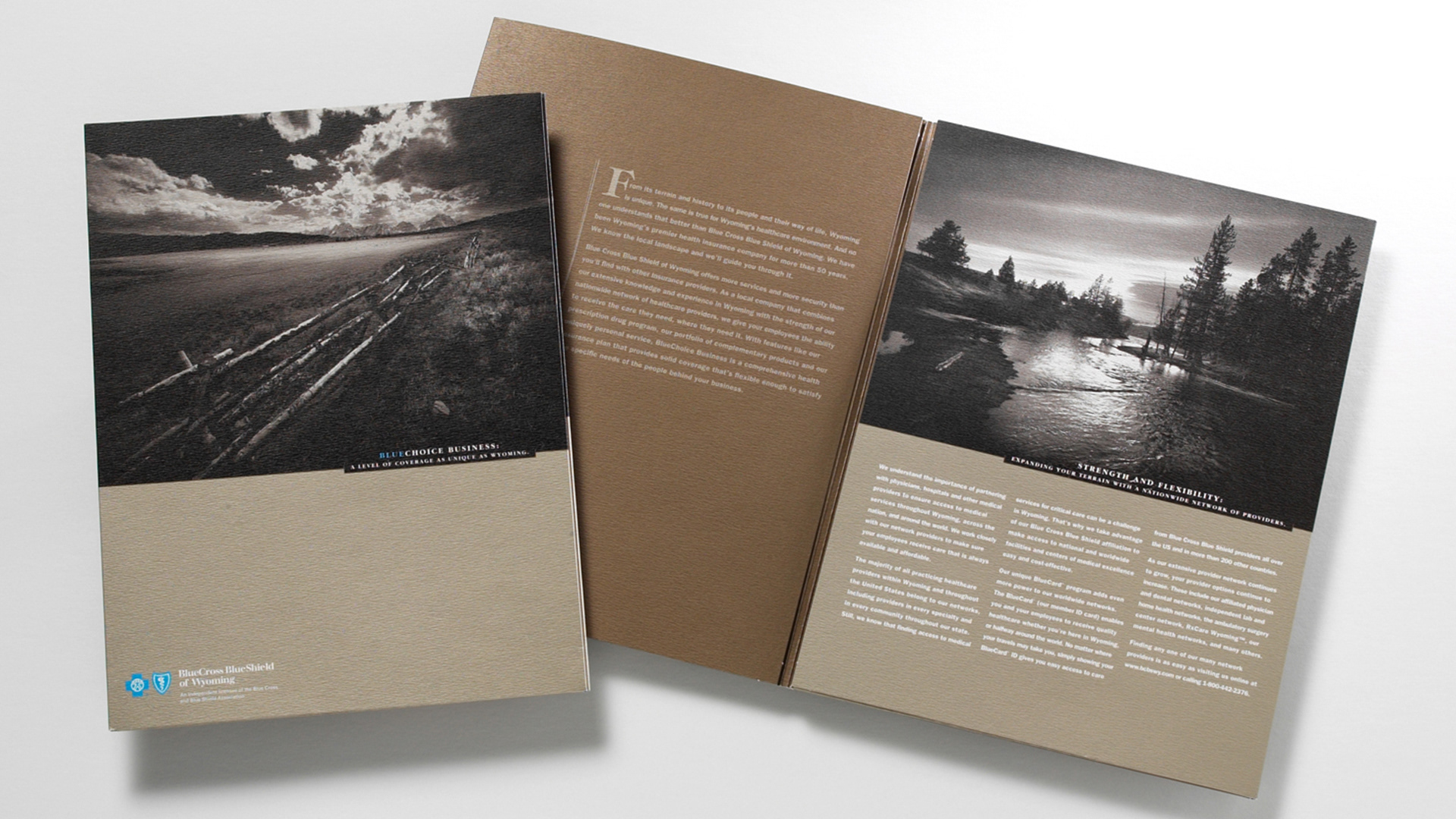The Oscar system consists of many complicated work flows that apply to different stages of the legal/claims process with variants based on who the user is. In some cases there's a need to show historical data along side new and current data. Workers compensation claim data is complicated and often times spans many months, years and may be related to a number of different cases.
One of the more complicated pieces of functionality relates to hearings. During UAT and requirements gathering with we learned that judges and attorneys need to be able to see the case record along side the hearing details. This speeds up the hearing by having all relevant information and history quickly accessible and searchable.
One of the more complicated pieces of functionality relates to hearings. During UAT and requirements gathering with we learned that judges and attorneys need to be able to see the case record along side the hearing details. This speeds up the hearing by having all relevant information and history quickly accessible and searchable.
One of the main pain points for judges and claimant/claimant attorneys is the process for requesting and scheduling hearings. Defending attorneys often employ the legal strategy of scheduling and delaying hearings as far out in advance as possible; causing further damage to the injured worker.
Our judge stakeholders asked us to design a scheduling & voting tool that allows them to organize and set their courtroom schedule many weeks or months in advance while simultaneously only showing a set window of availability to attorneys to choose from.
We developed a system with accompanying business rules that allows judges to quickly and easily organize and view their docket as well as control the visible availability to attorneys. Previously, this process was done with a doodle poll and by calling the judges assistant to get/request availability and then sending through the mail a request for hearing. What used to take weeks to accomplish can be done in just a couple of days.
This system has reduced the workload for the judge assistant and forces a more expedited and speedy hearing process on behalf of the claimants.
Our judge stakeholders asked us to design a scheduling & voting tool that allows them to organize and set their courtroom schedule many weeks or months in advance while simultaneously only showing a set window of availability to attorneys to choose from.
We developed a system with accompanying business rules that allows judges to quickly and easily organize and view their docket as well as control the visible availability to attorneys. Previously, this process was done with a doodle poll and by calling the judges assistant to get/request availability and then sending through the mail a request for hearing. What used to take weeks to accomplish can be done in just a couple of days.
This system has reduced the workload for the judge assistant and forces a more expedited and speedy hearing process on behalf of the claimants.
Once a judges availability has been set, it becomes available for scheduling and voting. The business logic works on a first-come, first-serve basis ensuring that a previously available slot doesn't get booked while voting is still taking place. The judge can also set a preference for how many days of availability they want to show.
By hiding availability that is beyond the judges preference we're encouraging the attorneys to settle their cases in a timely fashion. If more availability is needed the judge can add/reveal more dates on a case-by-case basis.
By hiding availability that is beyond the judges preference we're encouraging the attorneys to settle their cases in a timely fashion. If more availability is needed the judge can add/reveal more dates on a case-by-case basis.






